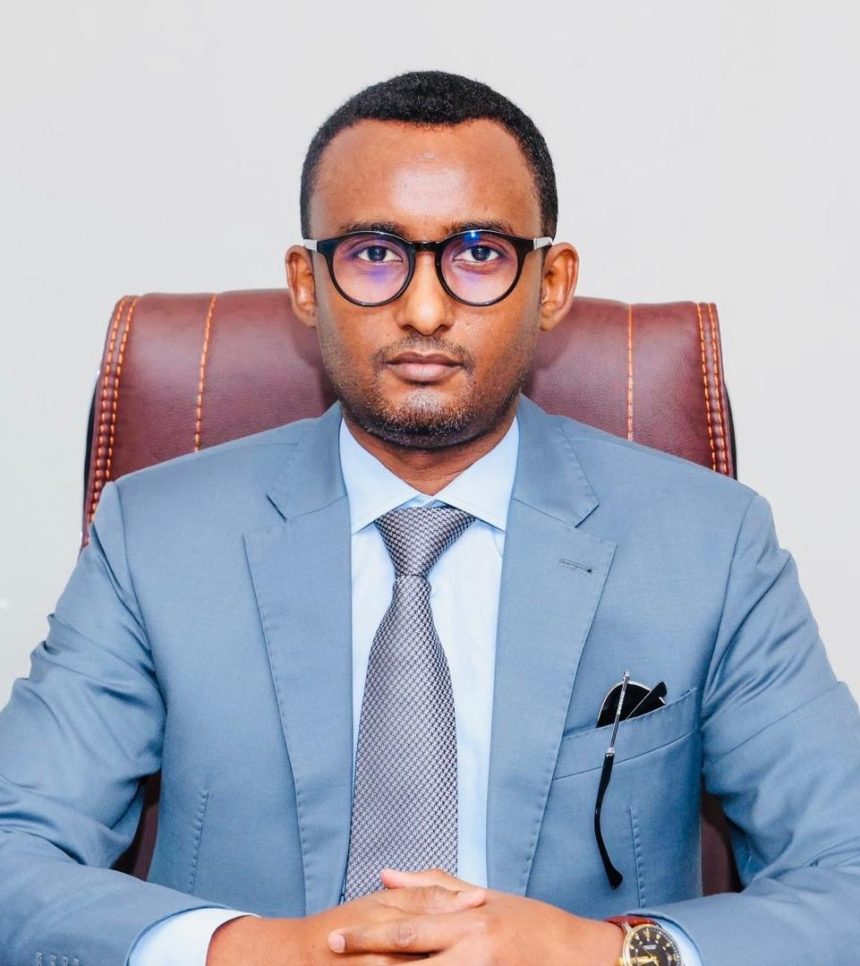Following the fall of its central authority in 1991, the civil war that followed, and the ongoing reconstruction efforts, the nation has been struggling. A variety of internal and external political forces influence the process of establishing democracy, which is still challenging.
There are methods for Somalia to move toward a more stable and democratic system of government in the face of major obstacles. Stress that finding answers requires an awareness of the nation’s political division and outside influences. Clan politics have been prevalent in Somalia in recent years, causing significant political fragmentation: Examine how Somalia’s political system is still dominated by clan-based politics, which results in power dynamics that are fragmented and characterized by clan competition for influence. Clannism hinders the development of a genuine national identity in addition to having an impact on political representation. The creation of federal member states also took a different approach, with each state aiming to further its own interests, which frequently function independently of the federal government. These states have different political views, and sometimes their interests seem to have conflict with the federal government’s interests. These consist of electoral models, the constitutional review process, and other national goals.
Additionally, external forces have contributed to Somalia’s political change in both positive and occasionally negative ways. Even though they have sent peacekeeping troops and vital humanitarian and development support, their engagement hasn’t always matched Somalia’s internal demands. More significantly, foreign involvement occasionally calls into doubt Somalia’s national pride and sovereignty; it also occasionally makes the country dependent on outside assistance and calls into question how to strike a balance between external aid and sovereignty. Conflicting geopolitical goals, such as securing maritime trade routes or combating terrorism, may influence international actors’ approaches to Somalia’s political issues. That must emphasize the need for Somalia to fortify its institutions, particularly the public service sector, judiciary, and electoral authorities, to achieve a smooth transition to democracy.
Supporting autonomous organizations capable of conducting fair and transparent elections is essential to the nation’s democratic destiny and recognizing the need for more inclusive governance that lessens the influence of clan-based politics and includes the opinions of all.
An Appeal for Harmony and Compromise: The national interest must take precedence over personal or clan-based power battles for Somalia’s political actors at this crucial time.To achieve a political agreement that goes beyond factionalism, it is imperative that the government, regional leaders, traditional elders, and civil society organizations have meaningful conversations.The nation’s progress toward peace and prosperity has been halted by the division brought about by conflicting political interests as well as the enduring links to clans.To ensure that all societal segments, regardless of clan or region, are represented and have a say in determining the destiny of the country, a strong, participatory political system is essential. All Somalis must feel that they have a stake in the political, economic, and social advancement of their nation, but this is especially true for young people and marginalized groups. Increased national cohesion and a lower chance of alienation, which might result in instability, will result from their active involvement in decision-making.
The federalism debate is one of Somalia’s most urgent problems:Tensions between the federal government and the regional governments have arisen because of political fragmentation, even though regional states have given a considerable amount ofautonomy. Somalia needs to decide if a federal model, which gives regions freedom, is still the best way to run its government or if a less centralized or unified system would bring the country together better and reduce disagreements.
The ultimate objective should be to establish a system that recognizes regional variety while guaranteeig a powerful, cohesive national government capable of upholding principles, preserving law and order, and promoting national prosperity. Somalia’spolitical success depends on striking a balance between unity and autonomy, which is not an effortless undertaking. Somalia requires a political structure that upholds democracy and good governance while allowing various areas to prosper within the framework of a single country. Building trust and having a common vision of what Somalia may become—a peaceful, prosperous democracy with equal rights and opportunities for all citizens—will be necessary or this.
Path Ahead: Political leaders must show a sincere commitment to the country’s future, put aside conflicting interests, and cooperate for the common good if Somalia’s democratic transition is to be successful. Compromise is not enough. Reforming the constitution, establishing reliable institutions, and guaranteeing responsible leadership are all necessary to achieve this. By helping Somalia with these initiatives, providing technical support, and making sure that aid is used to create long-lasting institutions rather than perpetuating dependency, the international community may also contribute positively.
Even if the path ahead may be difficult, Somalia has a clear chance of to change its direction. The future of the nation rests on its capacity to create a government that works for all its citizens, promotes inclusivity, and reaches consensus. Compromise, dialogue, and togetherness will be crucial to this endeavor.
Dr. Mohamed Omar Bincof
Asst. Prof. of Political Science and International Relations at Somali National University




